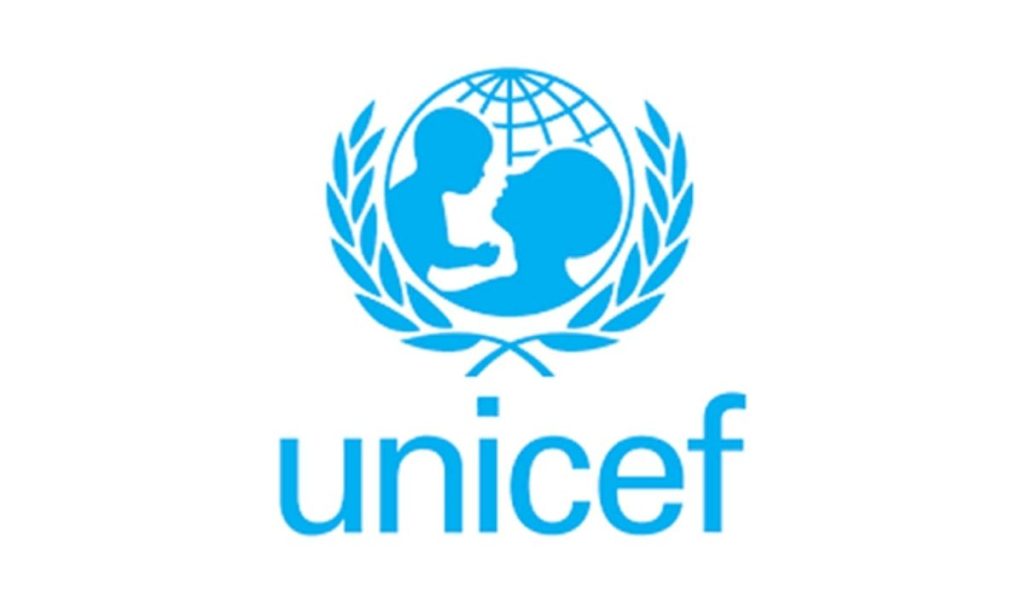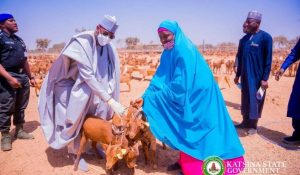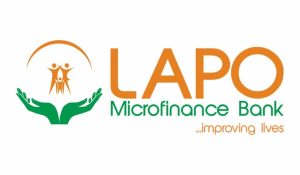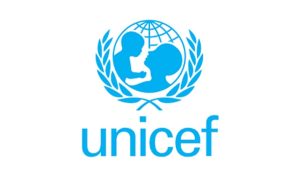
In a significant boost to maternal and child healthcare, the United Nations Children’s Fund (UNICEF) and the Global Alliance for Vaccines and Immunization (GAVI) officially handed over a $8,539,995 primary healthcare project to the Katsina State government on Tuesday, February 19, 2025.
The project, co-funded by UNICEF, GAVI, and the Katsina State government, was designed to enhance primary healthcare systems, strengthen routine immunization services, and improve access to essential healthcare for mothers and children across the state.
Speaking at the handover ceremony held at the Government House, Governor Dikko Radda reaffirmed his administration’s dedication to advancing healthcare services in the state.
“The partnership has strengthened our immunization programs, enhanced the capacity of healthcare workers, and ensured that even hard-to-reach communities receive vital health services,” Radda stated.
He further emphasized that the initiative had significantly improved the functionality of Primary Healthcare Centres (PHCs), making quality healthcare more accessible to citizens.
“Our commitment to strengthening PHCs does not end here. The government remains dedicated to sustaining the gains achieved and ensuring continued progress in the healthcare sector,” he added.
Head of UNICEF’s Kano Field Office, Mr. Rahama Farah, highlighted the impact of the three-year initiative, noting a significant reduction in under-five mortality rates in Katsina State.
“The under-five mortality rate has dropped from 188 per 1,000 live births in 2018 to 105 in 2024, as reported by the National Demographic Health Survey,” Farah revealed.
Read also: UNICEF, Plateau State Launch Catch-Up Immunisation to Protect Children
He also noted a substantial increase in vaccination coverage, particularly in the administration of the Penta3 vaccine, which rose from 33.7% in 2018 to 53.3% in 2023, despite security challenges in the state.
“The success of this programme is a testament to the dedication of all stakeholders, including the Katsina State government, local authorities, and traditional and religious leaders,” he said.
Farah urged the Katsina State government to continue investing in the healthcare sector to sustain the progress achieved.
“As we celebrate these milestones, we must not take our foot off the pedal until every child is vaccinated, every mother receives adequate healthcare, and immunization becomes a routine norm,” he stressed.
He reassured stakeholders of UNICEF’s continued partnership with the state government in advancing healthcare services for women and children.
With the formal handover of the GAVI-UNICEF primary healthcare initiative, the Katsina State government is now tasked with maintaining and expanding the gains recorded under the program to ensure lasting improvements in healthcare access and quality across the state






